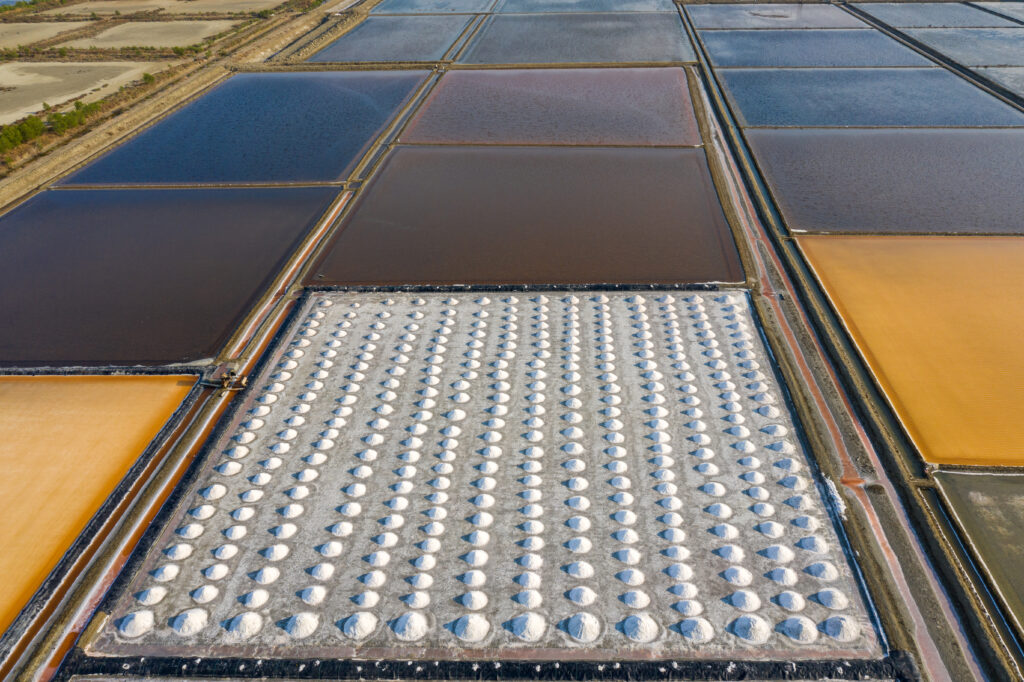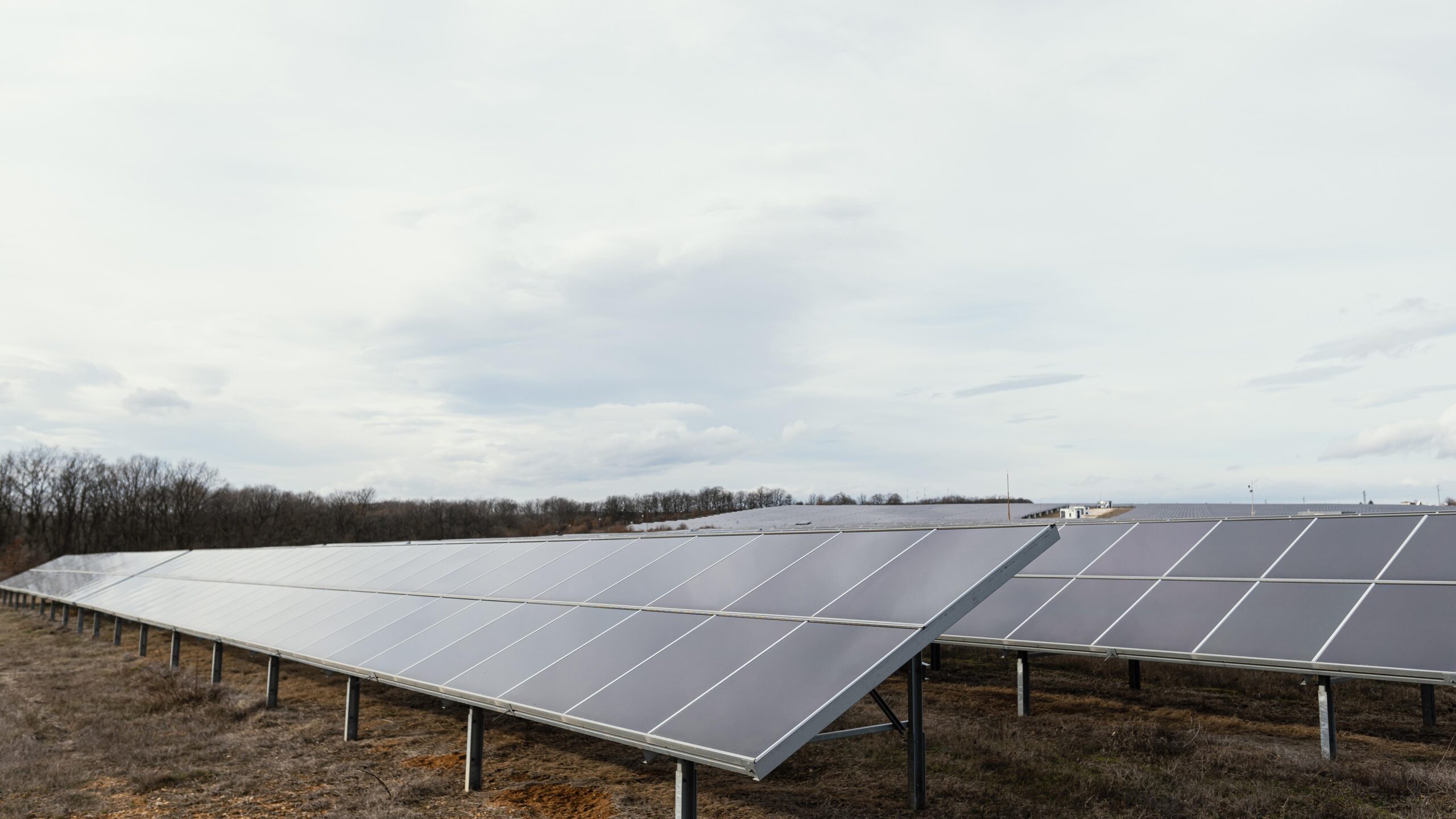Introduction: Why Farmers Need Cold Storage
Solar-powered cold storage for farmers in India is transforming the way crops are stored and sold. Indian farmers work tirelessly to feed the nation, yet a significant portion of their produce never reaches consumers. According to studies, nearly 30–40% of fruits, vegetables, and dairy products are wasted every year in India due to poor storage and weak supply chain infrastructure. Most of this loss occurs even before crops reach the market, costing farmers valuable income and contributing to rising food insecurity. By adopting solar-powered cold storage systems, farmers can preserve their harvests, reduce wastage, and sell at better prices.
This is where solar-powered cold storage for farmers in India is proving to be a game-changer. By using renewable energy, these systems allow small and marginal farmers to store their perishable produce for longer periods, reduce losses, and sell at better prices. Unlike conventional cold storage units that unreliable.
The Rising Cold Storage Demand in India
India is one of the largest producers of fruits and vegetables in the world, contributing over 12% of global production. Crops like tomatoes, onions, potatoes, mangoes, bananas, and leafy vegetables are grown across the country. But without proper storage, farmers are often forced to sell quickly at lower prices to avoid spoilage.
Some key challenges faced by farmers include:
- Unreliable electricity supply in rural areas.
- High cost of diesel-powered storage systems.
- Limited cold chain infrastructure in villages.
- Lack of awareness about modern storage technologies.
This results in an annual food loss worth ₹90,000 crore (≈ USD 12 billion) in India. The cold storage market is expanding rapidly, but most facilities are concentrated in urban areas or near wholesale marketsnot at the farm level where they are most needed.
That’s why solar powered cold storage in India has emerged as a practical, cost-effective, and sustainable solution.
What is Solar Powered Cold Storage?
Solar powered cold storage is a temperature-controlled storage unit that runs on solar energy instead of conventional electricity. It is designed to preserve perishable goods such as:
- Fruits (mangoes, bananas, oranges, apples, etc.)
- Vegetables (tomatoes, onions, potatoes, leafy greens, etc.)
- Dairy products (milk, curd, paneer, etc.)
- Flowers and herbs
How It Works:
- Solar panels installed on the roof capture sunlight.
- The solar energy is converted into electricity.
- This electricity powers the refrigeration system inside the storage unit.
- Batteries are included to store excess power, allowing the system to run at night or during cloudy weather.
- The storage area is well-insulated to minimize energy loss and maintain consistent low temperatures.
Some modern solar cold storage units also come with smart features such as:
- Mobile apps for monitoring temperature and humidity.
- Automatic alerts in case of errors.
- Remote access for tracking performance.
This makes the system easy to install, operate, and maintain—perfect for small farmers in rural India.
Benefits of Solar Powered Cold Storage for Farmers
1. Reduces Food Wastage
Perishable crops like tomatoes, bananas, and milk spoil quickly in hot weather. With solar powered cold storage, farmers can extend the shelf life of their produce by several days or even weeks, reducing wastage significantly.
2. Increases Farmer Income
Instead of selling crops immediately at low prices, farmers can store them safely and wait for better market rates. For example, tomato farmers can delay selling until demand rises, earning 20–30% more income.
3. Eco-Friendly and Sustainable
Unlike diesel generators, solar powered cold storage is pollution-free, quiet, and renewable. It reduces carbon emissions and promotes sustainable farming practices.
4. Affordable and Accessible
Thanks to government schemes, NGO support, and startup innovations, farmers can now access solar cold storage units at lower upfront costs. Many companies even provide rental models or pay-per-use options, making it feasible for small and marginal farmers.
5. Supports Women and Youth Employment
Operating and maintaining solar powered cold storage units creates local job opportunities. Women’s groups and rural youth can manage the systems, empowering communities and reducing unemployment.

Real-Life Impact: Farmer Stories
- Maharashtra Onion Farmers: Traditionally, farmers had to sell onions immediately after harvest at low prices. With solar powered cold storage, they could store onions longer and saw a 25% increase in revenue in just one season.
- Tamil Nadu Dairy Group: A women’s self-help group used solar cold storage to keep milk fresh until collection. This reduced spoilage and allowed them to expand their customer base.
- Vegetable Farmers in Uttar Pradesh: Farmers storing tomatoes and leafy greens in solar-powered units were able to supply urban markets at higher prices, doubling their profits.
These success stories prove that solar cold storage is not just for big farmers—it is a scalable solution that can benefit even smallholder farmers across India.
Startup Innovations Driving Change
Several Indian startups are pioneering affordable solar powered cold storage solutions:
- Ecozen – Offers solar cold storage units with smart monitoring systems. Farmers can even track conditions via mobile apps.
- Tan90 – Provides portable cold storage solutions using thermal batteries.
- CoolCrop – Designs solar-powered cold rooms tailored for small farmers.
- Inficold – Offers retrofitting solutions to convert existing cold storage units into solar-powered systems.
These companies are focusing on low-cost models, pay-as-you-go plans, and mobile solutions that cater to rural needs. Some units are even mounted on trailers, making them mobile cold storage units that can serve multiple villages.
Government and NGO Support
The Indian government has been promoting renewable energy adoption in agriculture through schemes like:
- PM-KUSUM Scheme – Provides financial support for installing solar panels in farms.
- NABARD Assistance – Offers loans and subsidies for cold storage projects.
- National Solar Mission – Encourages startups and farmers to adopt solar-based solutions.
NGOs such as SELCO Foundation are also working with rural farmers to install solar cold storage, provide training, and ensure after-sales service. Some banks now even offer interest-free loans to encourage farmers to adopt this technology.
Challenges and Solutions
While solar powered cold storage in India has immense potential, challenges still exist:
High Initial Cost
Even though costs are decreasing, installing a unit can still be expensive for small farmers.
Solution: Cooperative ownership, government subsidies, rental models, and pay-per-use services.
Lack of Awareness
Many farmers are unaware of the benefits of solar cold storage or how to operate the systems.
Solution: Training programs, demonstrations, and farmer-to-farmer awareness campaigns.
Theft and Vandalism
Solar panels are sometimes stolen or damaged.
Solution: Secure installation on rooftops, fencing, and community-based ownership models.
Technical Maintenance
Breakdowns can occur if systems are not maintained properly.
Solution: Partnerships with startups and NGOs to provide reliable after-sales service and training.
Why Now? The Urgency of Solar Cold Storage
- Climate Change Impact: Rising temperatures and frequent heatwaves are causing crops to spoil faster. Solar cold storage helps mitigate these risks.
- Urban Food Demand: Cities are demanding fresh, hygienic produce. Cold storage ensures farmers can meet this demand.
- Rural Employment: Solar-powered solutions create jobs for youth and women in villages.
- Sustainable Development: By reducing diesel usage and food waste, solar cold storage supports India’s clean energy and food security goals.
Future of Solar Powered Cold Storage in India
The adoption of solar powered cold storage for farmers is expected to grow rapidly in the coming years. With increasing government support, startup innovation, and awareness among farmers, this technology could:
- Reduce post-harvest losses by up to 50%.
- Increase farmer income by 20–30%.
- Create thousands of rural jobs.
- Contribute to India’s renewable energy and climate goals.
Conclusion: A Smarter Future for Indian Farmers
Solar powered cold storage for farmers in India is more than just technology—it is a lifeline for millions of small and marginal farmers. By cutting food wastage, increasing farmer income, and promoting sustainable practices, it addresses some of the biggest challenges in Indian agriculture.
With government schemes, NGO support, and startup innovations, solar cold storage is becoming more accessible and affordable. It is not only saving crops but also saving livelihoods, empowering rural communities, and protecting the environment.
The future of Indian farming lies in smart, sustainable solutions, and solar cold storage is one of the brightest innovations lighting the way forward.





